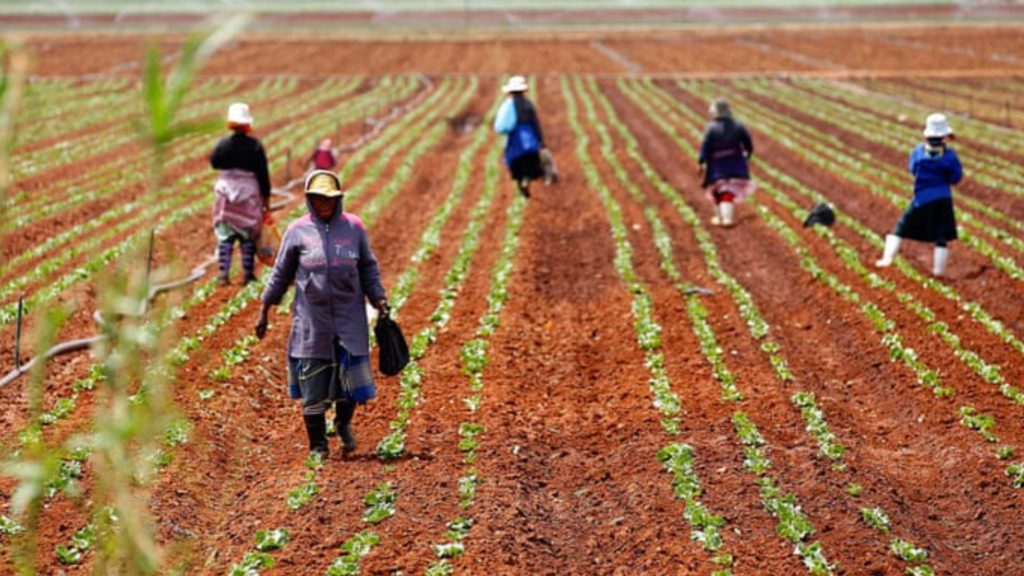Now here’s a question that demands an answer. Why is it that arguably the world’s richest continent – in terms of natural resources – has some of the world’s poorest people? To answer it, we’d need to take a trip down memory lane.
In the 1400s the Portuguese were the first European nation to use African slave labour to cultivate sugar plantations off the coast of west Africa, in São Tomé. From then on, through its peak in the 18th century and until its staccato abolition in late 1800s, the barbaric and dehumanising trade in Africans would be the primary economic activity through which Europe’s early globalisation efforts were funded.
An estimated 11 million people were forcibly taken into slavery in the New World, but comparable numbers were for centuries also sold across the Sahara, the Red Sea and the Indian Ocean.
All of Africa’s colonial masters left behind a way of life completely decimated, a people traumatised and taught in colonial schools to loathe everything about themselves: their skin, their languages, their dress, their customs. Even their gods were replaced.
So a people seemingly with no past were now free to determine their own future. Except, in most – if not all – cases, they weren’t. Postcolonial Africa was caught in the middle of the cold war battle for ideological dominance, then crippled by structural adjustment policies of the World Bank and IMF and is now at the mercy of multinational corporations whose bank balances (many times the size of many African economies) give them power to act in ways that are, if not always above the law, certainly outside of the moral maze.
In May, a report into resource flows in and out of Africa revealed that the continent loses more money each year than it receives in aid, investment and remittances. According to Honest Accounts 2017 more than three times the amount Africa receives in aid was taken out mainly by multinational companies deliberately misreporting the value of their imports or exports to reduce tax. Along with these illicit financial flows brain drain, debt servicing, and the costs of climate change all make Africa a net creditor to the world.
CENTER FOR AFRICAN STUDIES
Center for Africa Studies (AFRAM) which located in Ankara, is an organization facilitating under the administration of African Affairs Council (AFAC). It makes various researches about Africa to enhance economic and cultural bounds between Africa and Turkey. AFRAM’s publishings has been shared with different institutions as they require to obtain.
AFRICA OBSERVATORY
Africa Observatory is one the publishing of AFRAM and it has been published each two weeks. It has been delivered to different institutions via e-mail.
